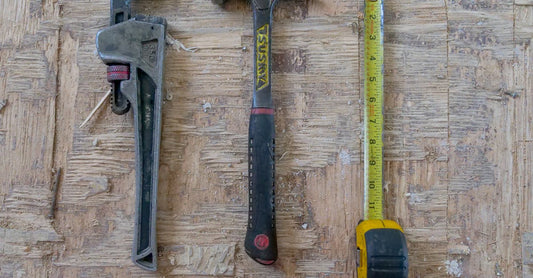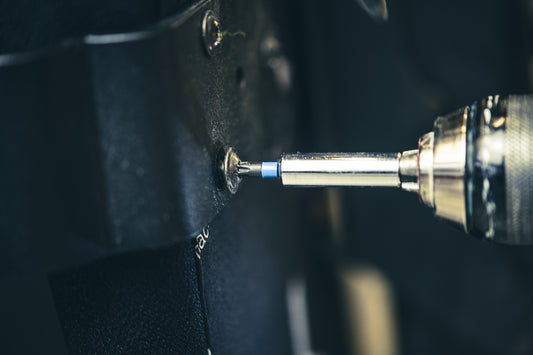Choosing the right tool bit coating can make a big difference in your work as a tradesman. Here are some of the pros and cons of the most popular tool bit coatings:
Titanium Nitride (TiN)
- Pros: TiN is a durable and wear-resistant coating that can extend the life of your tool bits. It also provides good thermal stability, making it suitable for high-speed machining.
- Cons: TiN can be brittle and may chip or flake off over time. It's also not recommended for use with certain materials, such as aluminum.
Titanium Carbonitride (TiCN)
- Pros: TiCN is a harder and more wear-resistant coating than TiN. It's also more flexible, making it less prone to cracking or chipping. TiCN is a good choice for use with high-strength materials.
- Cons: TiCN has lower thermal stability than TiN, so it may not be suitable for use in high-speed machining applications. It's also more expensive than some other coatings.
Aluminum Titanium Nitride (AlTiN)
- Pros: AlTiN is a highly wear-resistant coating that can withstand high temperatures and provide good lubricity. It's an excellent choice for use with difficult-to-machine materials.
- Cons: AlTiN is one of the most expensive coatings, and may not be necessary for all types of machining.
Ultimately, the right tool bit coating for your needs will depend on the materials you're working with, the type of machining you're doing, and your budget. Consider your options carefully and don't hesitate to consult with colleagues or manufacturers if you're unsure. With the right coating, you can extend the life of your tool bits and improve the quality of your work.




